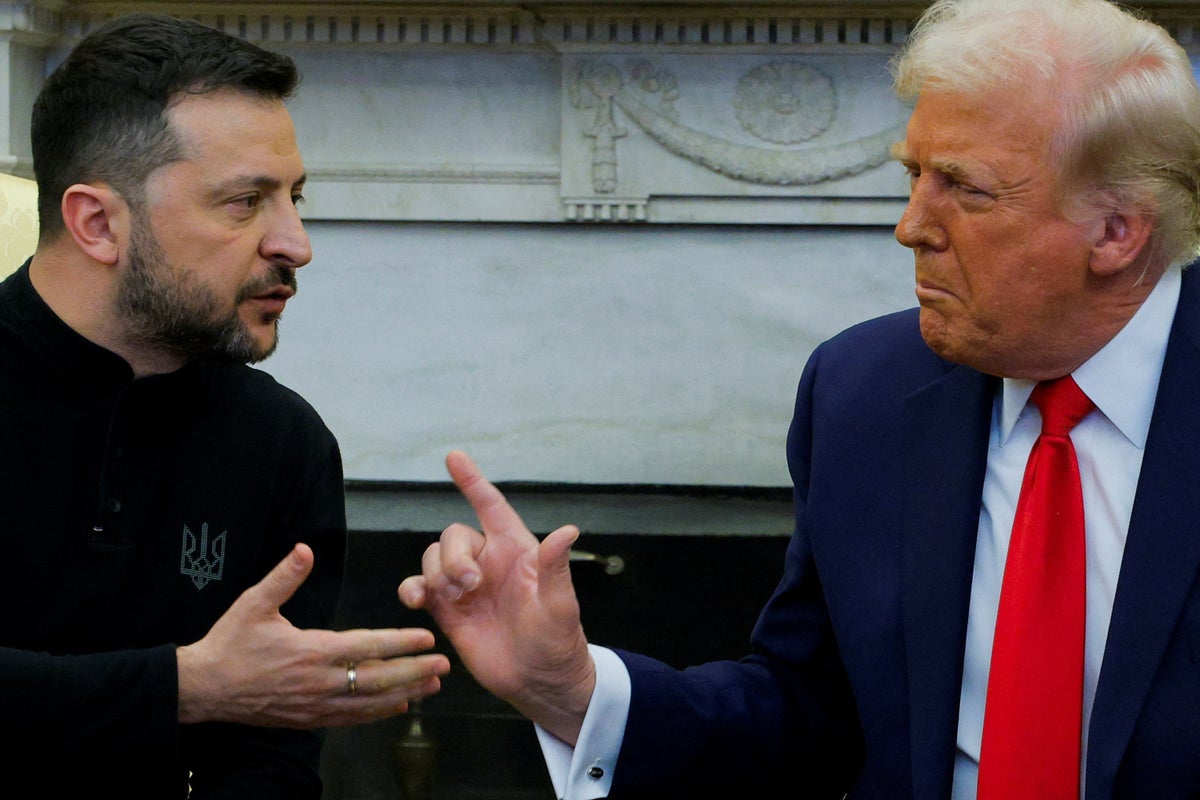Amendment 2 has passed. Here’s when you can legally bet on sports in Missouri.

Missouri became the 39th state to legalize sports betting Tuesday, approving Amendment 2 amid an upswing in legalized gambling across the United States.
The amendment passed by a narrow margin, less that half a percentage point. According to unofficial final results from the Secretary of State’s office, a statewide margin of 7,486 votes out of 2.9 million made the difference.
“Missouri has some of the best sports fans in the world and they showed up big for their favorite teams on Election Day,” Bill DeWitt III, the president of the St. Louis Cardinals, said in a statement Wednesday.
Until 2018, Nevada was the only state that allowed sports betting. Following a U.S. Supreme Court ruling that year, more than half the states and the District of Columbia have legalized it in some form, driving the American sports betting industry to a record $10.92 billion in revenue in 2023, according to the American Gaming Association’s annual report. Most of Missouri’s neighboring states allow gambling on athletics.
When can you gamble on sports in Missouri?
Once legalized, in most cases, it takes a few months for a market launch.
According to reporting by the Missouri Independent, the amendment directs the Missouri Gaming Commission to make sports betting available no later than Dec. 1, 2025.
Where will you be able to bet on sports in Missouri?
Amendment 2 will allow the Missouri Gaming Commission to regulate licensed sports wagering, including online sports betting, gambling boats, professional sports betting districts and mobile licenses to sports betting operators.
Of note, DraftKings and FanDuel contributed more than $14 million to the Winning for Missouri Education campaign in favor of the amendment.
It’s likely that the two, in addition to other online sportsbooks like BetMGM, ESPN Bet, Caesars Sportsbook and others will receive licenses in the future.
How old will you need to be to bet on sports in Missouri?
You will have to be 21 or older to place wagers in Missouri.
What else is included in Amendment 2?
Amendment 2 will allow license fees prescribed by the Missouri Gaming Commission and a 10% wagering tax on revenues received to be appropriated for education after expenses sustained by the commission and requiring funding of the Compulsive Gambling Prevention Fund.
According to the ballot measure, state government entities estimate one-time costs of $660,000, ongoing annual costs of at least $5.2 million and initial license fee revenue of $11.75 million. Entities also estimate unknown tax revenue ranging from $0-28.9 million annually because the proposal allows for deductions against sports gaming revenues. Local governments estimate unknown revenue.
Related
Sports Betting Giant Flutter Forecasts Strong U.S. Growth To Drive…
Flutter CEO Peter Jackson.Courtesy of Flutter Entertainment Flutter Entertainment, the world’s largest online gambling company, said that it’s expecting str
BetBlocker Enters US Responsible Gambling Market
The charity, originally from the UK, launched a US unit, BetBlocker US, as part of its North American entry. The organiz
Viewers react to ’embarrassing’ JD Vance comment toward Zelenskyy as…
Social media users watching clips of the heated meeting between President Donald Trump, Vice President JD Vance and President Volodymyr Zelenskyy have called a
Ukraine latest: Zelensky urges Trump to stand ‘more firmly on…
We have Zelensky's statement in full Below, we have Ukrainian president Volodymyr Zelensky’s statement in full after touching down in the UK following a fiery













